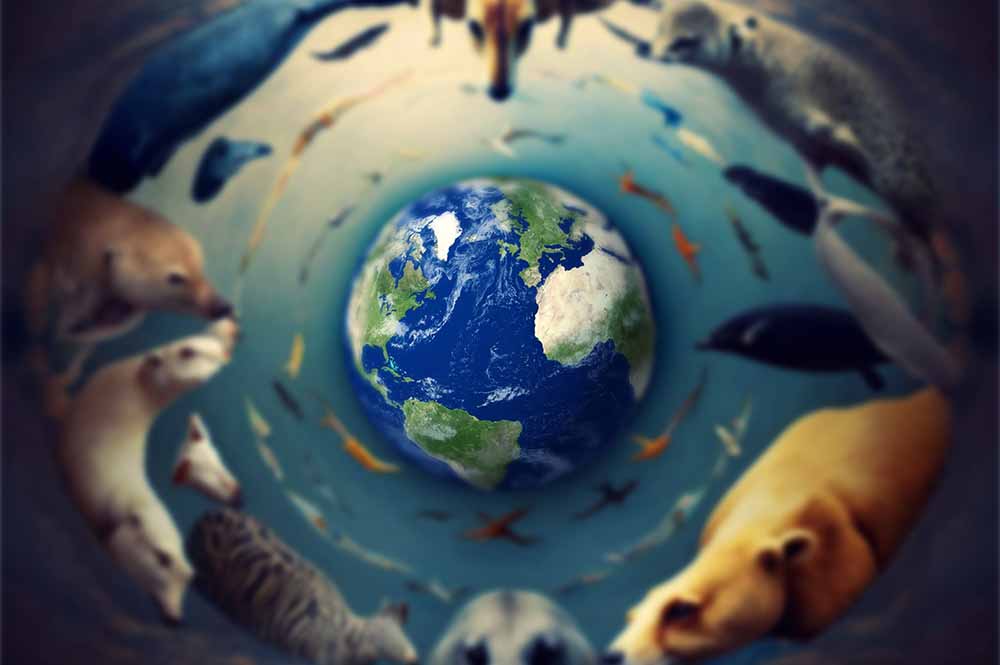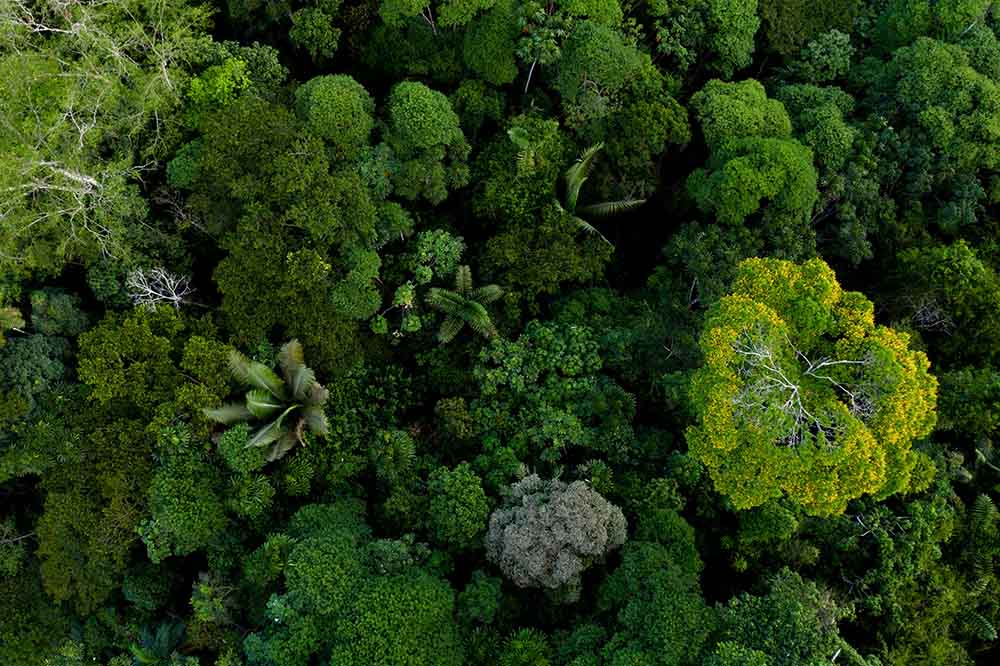Humans have a huge impact on biodiversity, harming it as well as safeguarding it. That's why it's crucial to create sufficient understanding on how important biodiversity is, for oneself and for the environment.
Since the beginning of the 21st century, India has lost 19 per cent of its total tree cover. While 2.8 per cent of our forests were lost to deforestation, much of it is also a consequence of wildfires, which affected more than 18,000 square kilometres of forest per year – more than twice the annual average of deforestation.

That's why raising awareness about biodiversity is part of many international plans and strategies.
India has four important areas with a multitude of different animals and plants, called biodiversity hotspots. But human activity is putting these areas at risk. These include the Himalayas, the Western Ghats, Sundaland (which includes the Nicobar Islands), and the Indo-Burma region. A report from 2021 by the Centre for Science and Environment (CSE) says India has lost nearly 90 per cent of the land in these hotspots. Of these, the Indo-Burma region has been hit the hardest.
This International Day for Biological Diversity, let’s think of the amazing variety of life on Earth and the urgent need to protect it. Biodiversity is crucial to keep our ecosystems balanced, , and ensure the well-being of current and future generations.
We need to think about our own actions too: What can each person do to protect biodiversity in the long run?

Why Biodiversity Matters:
1. Maintaining Ecological Balance: Biodiversity is like nature's puzzle, where every species has a unique role. From pollinators to predators, each organism contributes to how ecosystems function.
2. Providing Ecosystem Services: Healthy ecosystems offer vital services like clean air and water, climate regulation, and crop pollination. Biodiversity plays a key role in delivering these services by providing various functions from different species.
3. Medicine And Biotechnology: Many life-saving medicines and innovations come from nature. Biodiversity holds a vast array of genetic and biochemical diversity, offering opportunities for new discoveries. Protecting it is essential to preserve these resources.
4. Ensuring Food Security: A diverse range of species supports global food systems, from pollinators to soil organisms. Safeguarding biodiversity is crucial for keeping food production stable for present and future generations.
5. Inspiring Culture: Biodiversity enriches our lives through art, literature, and cultural practices. Its beauty and wonder captivate us and provide inspiration. Preserving it ensures that future generations can enjoy its cultural value.
Understanding its importance and taking action, both individually and together, can help preserve biodiversity. Together, we can make a difference, paving the way for a sustainable and thriving future.

Actions To Take:
• Support sustainable and organic farming by buying locally sourced products.
• Reduce, reuse, and recycle to minimise waste and preserve natural resources.
• Save water by using it wisely and avoiding unnecessary waste.
• Plant native species in your garden to support local wildlife.
• Educate others about biodiversity's importance and encourage them to act accordingly.